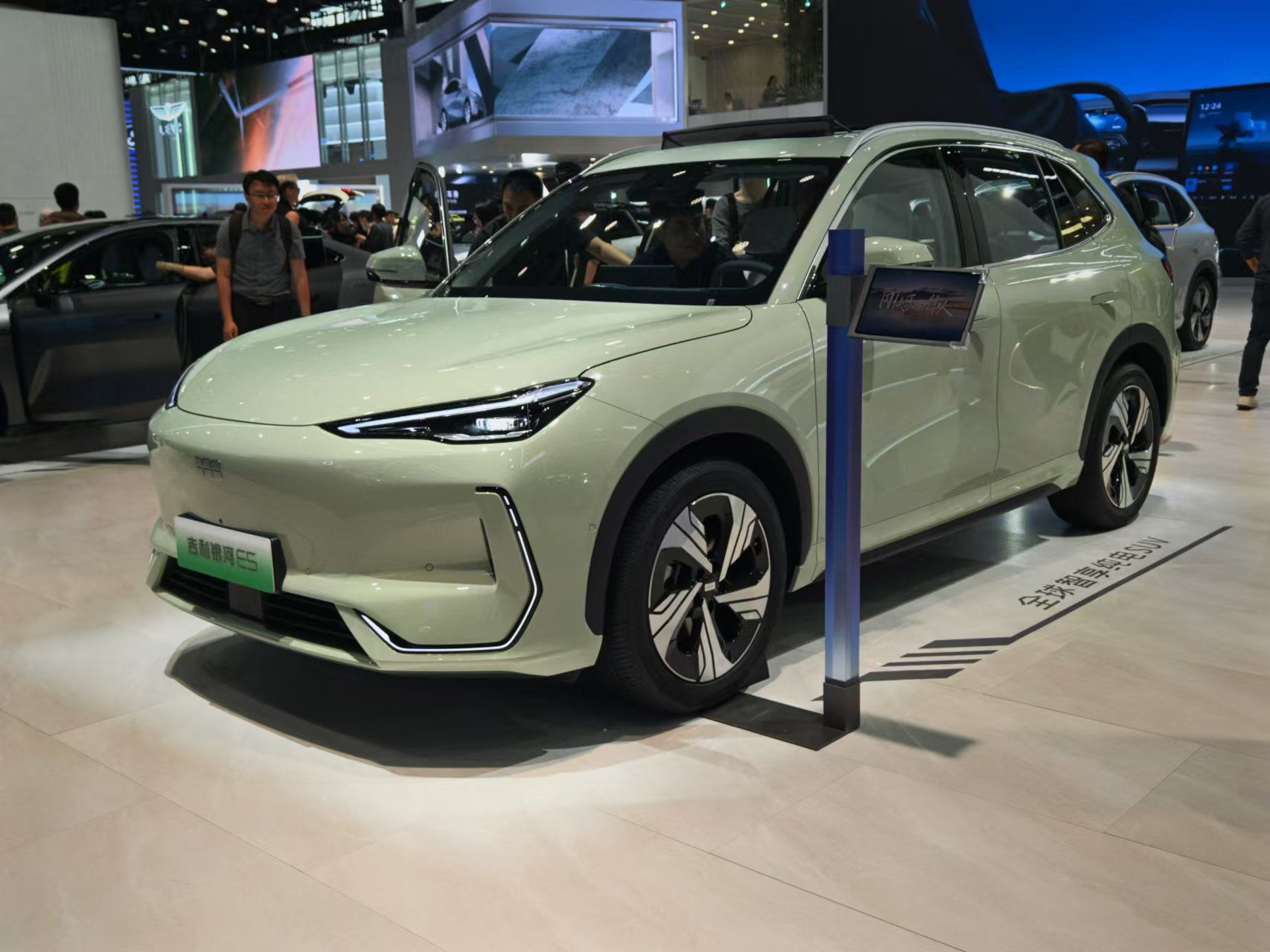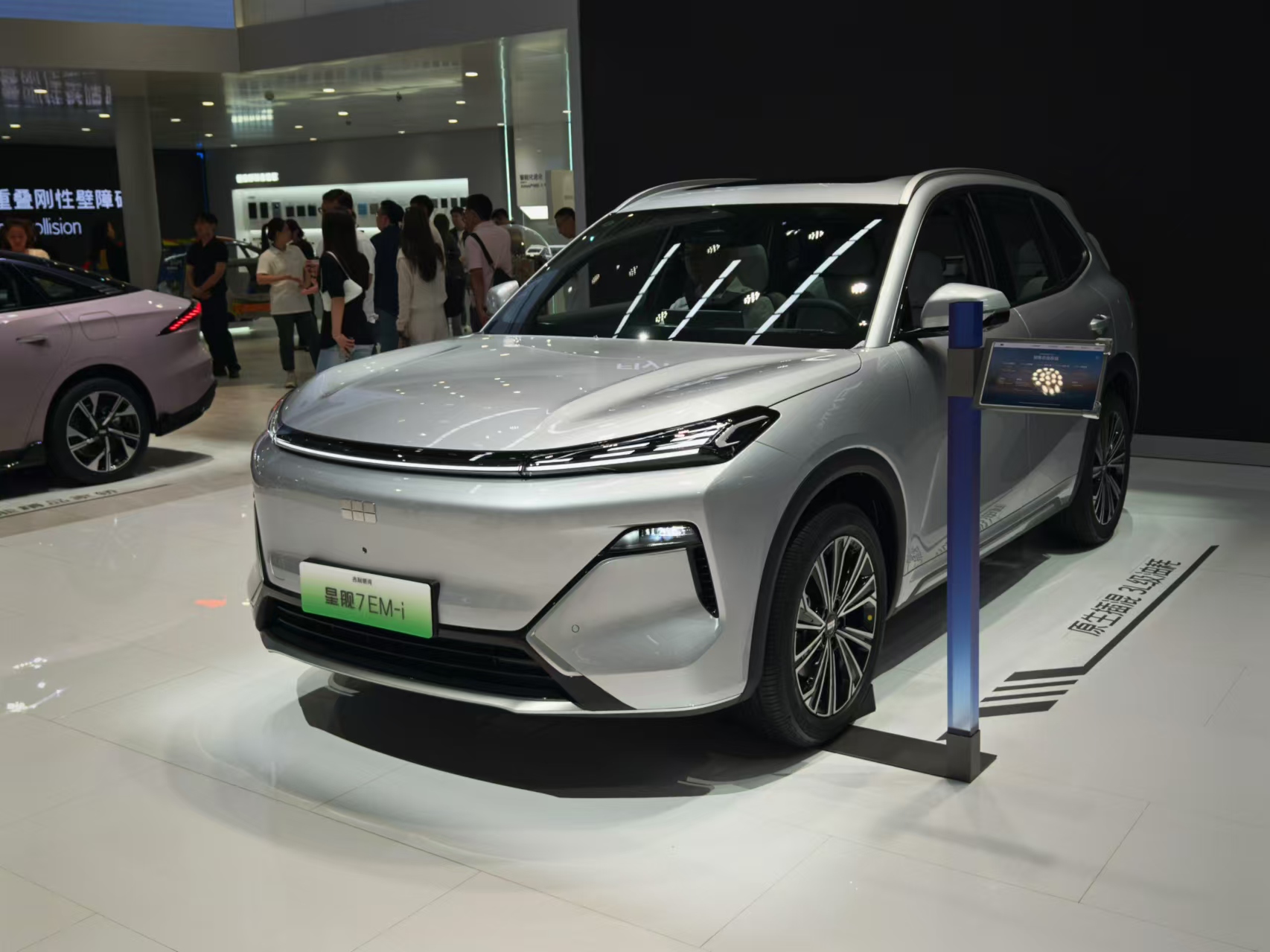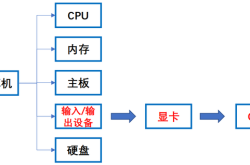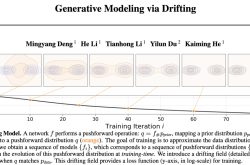Will Geely's infotainment system make a breakthrough? Star Era Meizu confirms: The era of a "unified" smart cockpit has arrived
![]() 11/18 2024
11/18 2024
![]() 451
451
On November 15, the 22nd Guangzhou International Automobile Exhibition officially opened, and Geely Group, as a major player, was well-prepared in Area A. Although Star Era Meizu, closely related to Geely Group, did not hold a grand press conference, it did reveal some future trends of smart cockpits through communication sessions, and Electric Car News was invited to participate and share the new developments of Geely's infotainment system with the outside world.
In the past, Geely Group's sub-brands operated independently, with disparate channels, different target groups, and service teams, which not only led to potential competition but also complicated the software architecture and post-maintenance of models.

(Photo credit: Electric Car News)
Geely Group also seems to have recognized the issue of internal competition and released the "Taizhou Declaration" in September this year, aiming to optimize its internal structure. At Geely's booth at this year's Guangzhou Auto Show, it can be observed that many new models have adopted the latest Flyme Auto cockpit system.
Star Era Meizu revealed at the communication session that approximately 200,000 vehicles are currently equipped with Flyme Auto. Regarding the compatibility issue for older models that everyone is concerned about, they responded that more products would be covered by 2025. However, with the diverse product line of Geely Group and the complexity of cockpit chip solutions, which include their own Antora platform, Qualcomm platform, and AMD's X86 architecture platform, compatibility presents certain challenges.
Furthermore, Star Era Meizu disclosed another piece of information: In addition to models under the Geely Group's brands, Hongqi is collaborating with Star Era Meizu to create a new model, reminding everyone of the previously exposed Hongqi smartphone.
Considering the inconsistent computing power reserves across different platforms, the cockpit capabilities that can be achieved will also vary. Star Era Meizu stated that in terms of AI capabilities, some chips have strong computing power and can support the deployment of large models on the client side with minimal reliance on cloud models, while others with weaker computing bases need to rely on cloud computing.

(Photo credit: Electric Car News)
The integration of AI intelligence into automotive cockpits is a critical issue today. Early automakers introduced large model features such as text-to-text and text-to-image generation into vehicles, leveraging large models' understanding of natural language to enhance voice assistant capabilities. However, these are inherent features of large models; more important is their learning and thinking abilities. Star Era Meizu did not disclose much information but mentioned plans for intelligent agents to be integrated into vehicles in the future.
There is also new news about Flyme Auto 2.0: Star Era Meizu plans to publicly disclose more upgrades about the new-generation cockpit system in March 2025. Flyme Auto has been around for some time now, and many brands have completed several major version updates, enhancing the software experience. It's time for Flyme Auto to take a significant leap forward and demonstrate its advantages in cockpit interaction.
Both this communication session and the changes in new models at the Geely exhibition actually convey a key signal: Flyme Auto is continuously replacing the old operating systems in Geely Group's models, promoting the "unification" of smart cockpits, ensuring consistent software experiences across various models, and reducing system compatibility difficulties, which will naturally restore a normal software update rhythm.
After all, in the view of Star Era Meizu, smart cockpits are a "once you use it, you can't go back" feature for ordinary consumers. Once the convenience brought by many intelligent capabilities changes users' habits, it creates a stickiness that makes it difficult to adapt to traditional solutions again. This also drives the popularization of smart cockpits. A good smart cockpit plays an increasingly important role in automobiles, and there is no shortage of consumers in the market who are willing to trade in their cars for smarter ones. Doing well in intelligence has become a consensus within the group.
Various smart cockpit solutions compete fiercely, with representative solutions like HarmonyOS cockpits being highly popular among automakers. It is impossible to say there is no competition. For Geely Group, unifying smart cockpit solutions as soon as possible and presenting a united front externally is more important than anything else. On a positive note, if Flyme Auto develops healthily internally and gains industry influence, more automotive brands will naturally choose to join.
Source: Leitech








